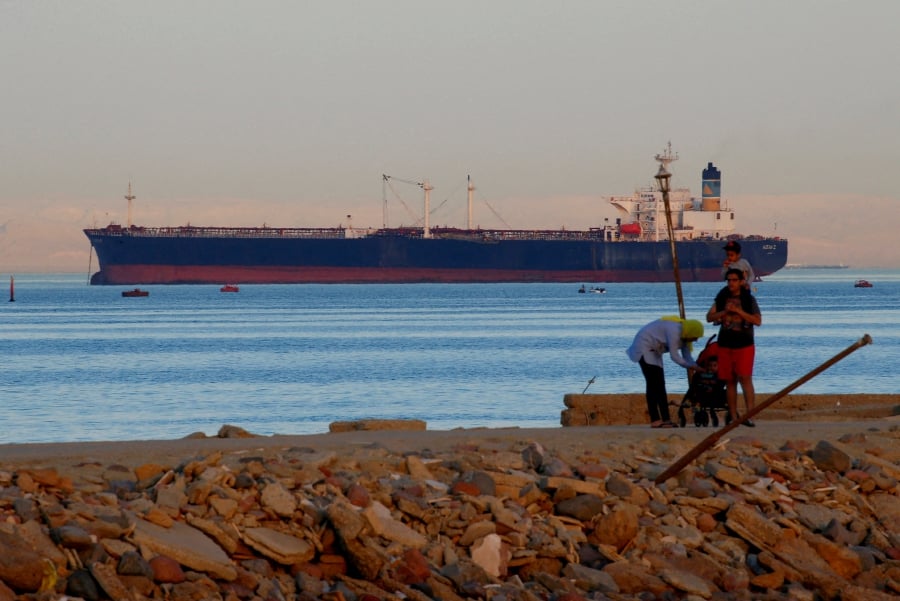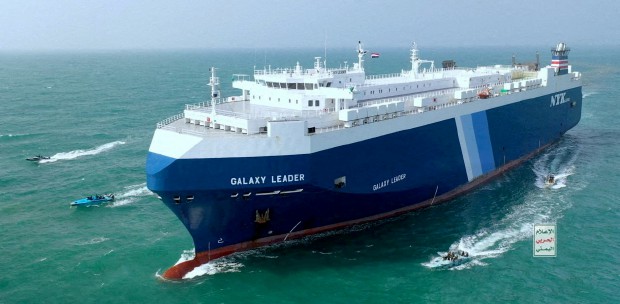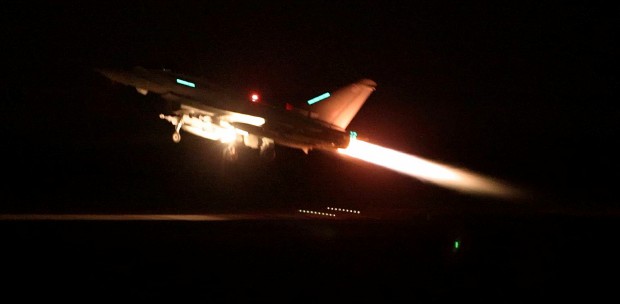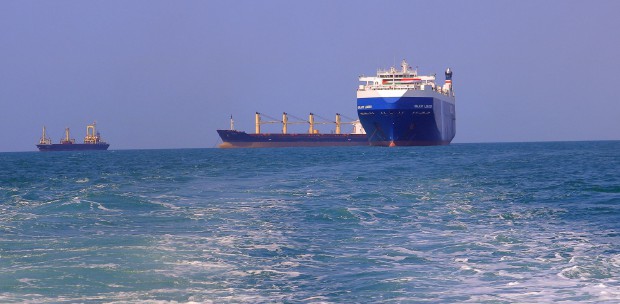KUALA LUMPUR: Goods imported from Europe that pass through the Red Sea could see a rise in prices following the turmoil in the busy shipping lane.
This comes after escalation of security issues stemming from attacks by the Iran-allied Houthi militia on ships in the region since November, leading to several of the world's largest shipping firms diverting vessels away from the route to a much longer route around the southern tip of Africa.
Malaysia Shipowners' Association (Masa) executive committee member Captain Cheah Sin Bi said the conflict in the Red Sea would lead to higher operational costs, especially for goods from Europe that use the route.
"Cost of operations would be higher as the ship operators have to use another route. This could lead to (imported) things coming in from Europe having a higher cost, reflecting the higher operational costs."
Cheah, however, said the crisis in the Red Sea would not have a direct impact on the nation's ports or the local operators.
"The impact (on Malaysian ports and local shipping operators) would not be great, but maybe the costs of operations (by shipping operators that are forced to divert from the Red Sea) could be higher," he said when met at the Asia Pacific Maritime (APM) Roadshow, here.
Earlier, the Federation of Malaysian Manufacturers (FMM) had warned Malaysian exporters and importers that freight rates are likely to triple in 2024, compared to 2023, due to the Red Sea shipping crisis.
FMM urged Malaysian exporters and importers to refine their business strategies to safeguard their supply chains and reduce delays to better meet customer demands to reduce the impact of the escalating situation.
Malaysia's main imports as of 2022 were electrical and electronic products (29.4 per cent), chemicals (9.5 per cent), petroleum products (9.3 per cent) and machinery, appliances and parts (8.7 per cent).
Ten per cent of the overall imports were from the European Union.
Yesterday, Agriculture and Food Security Minister Datuk Seri Mohamad Sabu gave his assurances that the current turmoil in the Red Sea was not expected to have a significant impact on Malaysia's agricultural imports.
He had said this was because Malaysia does not rely heavily on agricultural products from nations that use the maritime route.
However, he had said the ministry would continue to monitor the situation on a regular basis if it persisted, impacting the country's food supply.





